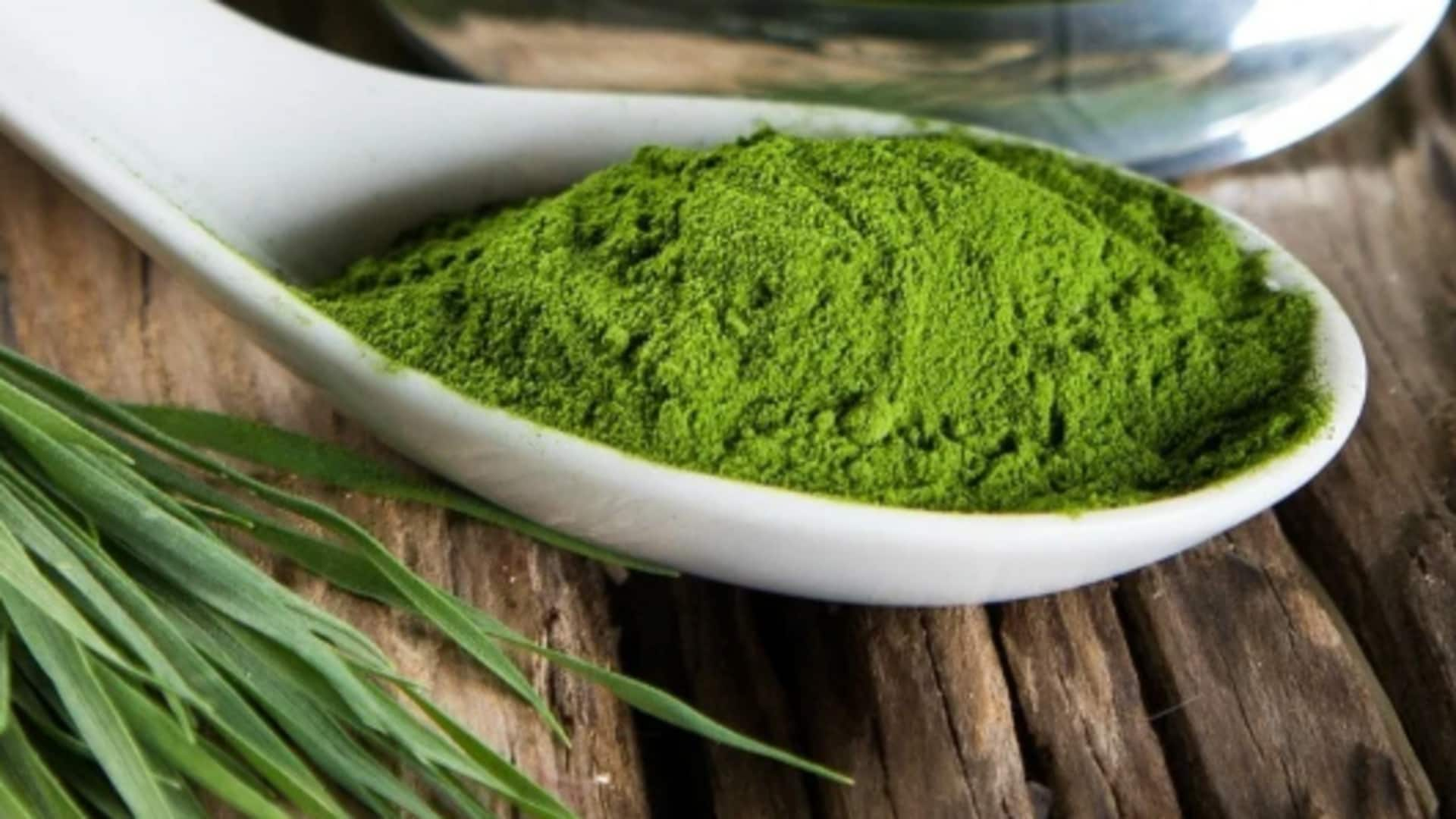
Discover the amazing health benefits of spirulina
What's the story
Spirulina, a blue-green algae, has been making the news for all the right reasons- its amazing health benefits. Loaded with nutrients, it is often touted as a superfood.
The natural supplement is high on protein, vitamins, and minerals. People add spirulina to their diet to promote overall health.
It can be added to smoothies or taken as capsules.
Here's what you need to know about spirulina benefits.
Drive 1
Nutrient-rich superfood
Spirulina is widely recognized for its high nutrient content. It contains essential amino acids and is an excellent source of protein for anyone following plant-based diets.
Spirulina also offers vitamins such as B1, B2, and B3 along with iron and magnesium. These nutrients contribute significantly to energy production and supporting healthy bodily functions.
Drive 2
Antioxidant properties
A major benefit of spirulina is its high antioxidant content, courtesy of phycocyanin.
This element is key to fighting oxidative stress by efficiently neutralizing free radicals in the body.
This way, it may help reduce inflammation, and protect the cells from damage over time.
By curbing oxidative stress, spirulina promotes cellular health and well-being, making it an ideal addition to a health-conscious diet.
Drive 3
Supports immune system
Adding spirulina to your daily diet could be a game-changer for boosting your immune system.
Because spirulina is rich in vitamins C and E, as well as zinc, which are all critical for maintaining a strong immune defense.
These nutrients work together to enhance the body's ability to ward off common illnesses by supporting the growth of healthy cells.
With spirulina, you're not just adding nutrients; you're fortifying your body's natural defenses.
Drive 4
Potential heart health benefits
Research indicates spirulina could be beneficial for your heart by lowering cholesterol levels naturally, without side effects caused by certain medications today such as statins or beta-blockers.
However, further studies are required before we reach any firm conclusion about this particular benefit alone concerning cardiovascular disease prevention efforts alone.
Other contributing factors too, like lifestyle changes including exercise routines and dietary habits, also hold significance here.